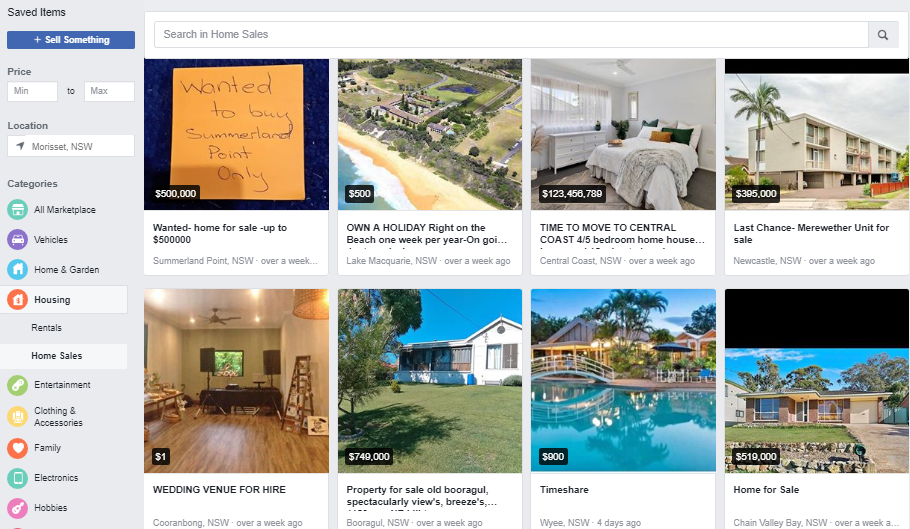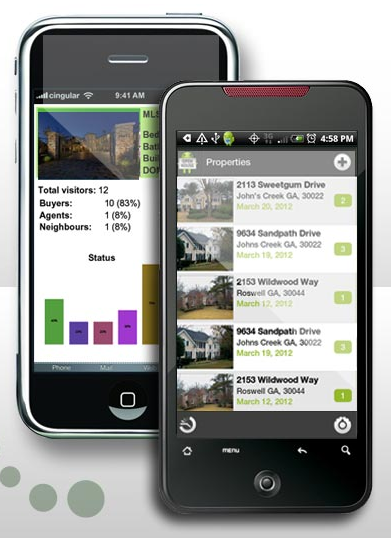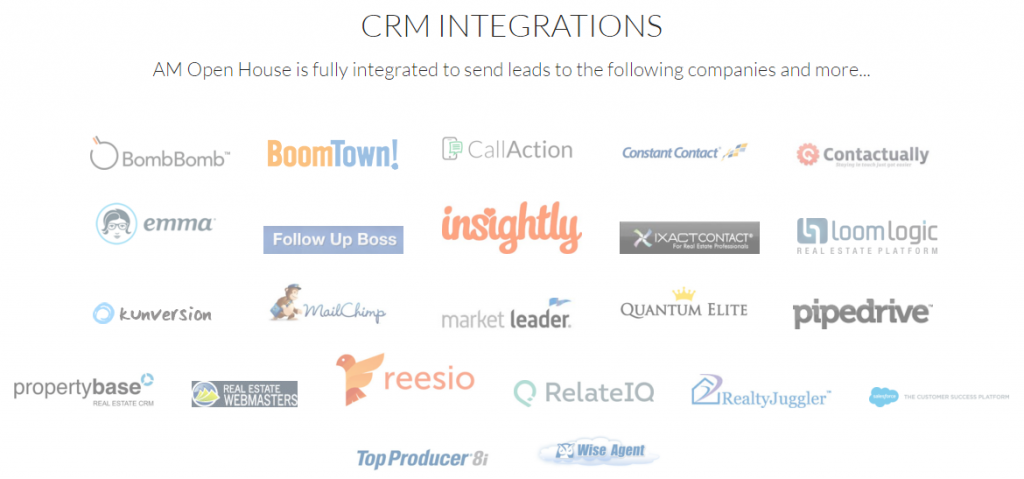Is your preferred agent who they say they are?
If you’ve been following this blog of late (if you haven’t, then you can subscribe here), then you may recall that in a couple of our recent posts we talked about the different tools that are available online to help homeowners find a reputable and trustworthy real estate agent. In one post we talked about the darling of lead generators and comparison websites, OpenAgent; in another, we talked about rating sites like RateMyAgent; and we’ve also discussed looking up an agent’s license using licensing databases in your state or territory.
However, we realise that, if you’ve never sold property before or it’s been a long time since you’ve had to go through the process of finding a real estate agent to sell your home, the process can be a little daunting. So we put together this roundup of the five steps you should take to ensure that you’re selecting the most reputable and trustworthy real estate agent to represent you.
Before we dive right in, we should point out that this list assumes that you’ve already done some rudimentary market research of your local area, and you have a couple of agents names in mind already:
1. Check the licensing register in your State
This is an important first step. Although it’s unlikely you’ll turn up anything untoward, on the off chance that you do, this will help you to discount that agent right away. This is especially important for people who are selling holiday homes or investment properties in areas they’re not very familiar with. You might even like to search for that agent in other states and territories apart from your own, just to make sure they didn’t get into any strife elsewhere before setting up shop in another state. The registers for each state are listed below:
Regulated Industries, Licensing and Legislation Register Queensland
Consumer and Business Services SA
Property Agents Board Tasmania
Business and Industry Licensing Public Register ACT
2. Visit the agents’ websites
Do a search of each agent and see if they have their own website that’s separate from their agency’s corporate website. Have a look at the kind of information they provide on their website. Do they publish regular market updates? Do they provide any information about how they work? Have they answered a question or provided information about the sales process or current trends in the market that you found useful?
Give priority to the agents who see the value in providing buyers and sellers with helpful information based on their experience in the industry over the agents only interested in self promotion.
3. Check the agents’ social media accounts
Most agents have some social media presence, so don’t forget to check what they’re doing on Facebook and Twitter and so on, before appointing them as your agent. Look at their feeds to see how they’re interacting with other users online — are they responding to the inquires and comments that have been left for them there? What kinds of comments have people been leaving on their Facebook pages and tweeting to them?
Social media is usually the first port of call for people who are either really satisfied with the experience they’ve had with a business, or really dissatisfied. How an agent deals with both forms of feedback reveals a lot about their character and how they conduct themselves.
4. Read the reviews left on ratings websites
You’d check out the reviews left for a restaurant or hotel on Yelp or TripAdvisor, wouldn’t you? So why wouldn’t you visit a real estate ratings site, like RateMyAgent or RealSatisfied, to see what kinds of reviews have been left for agents there? Keep in mind that for both RateMyAgent and RealSatisfied, agents can pay the platform a monthly fee to manage their profile and the reviews left for them there. What control that gives agents over how they deal with negative reviews is unclear. You might also like to check TrustPilot, which is another ratings websites, though one that doesn’t specifically cater to the real estate industry.
5. Interview the agent in person
Once you’ve done all the online checks you can, it’s time to line up a meeting with your preferred agent (or agents), to see if they’re as impressive IRL (that’s in real life, for those of you playing along at home) as they are online. Don’t be afraid to tell the agent you’re still considering other agents — how they handle this comment will tell you a lot about the sort of person he or she is.
Quiz each agent about recent changes to legislation or real estate practices that might affect the sale of your home. The way they answer these questions should reveal to you how closely they monitor changes in their industry, and, in turn, how committed they are to CPD. This is the final step in deciding which agent is best suited to sell your property. You should also spend some time discussing commission, marketing options, sales methods, and other areas that will affect the sale of your home.
By the time you’ve worked your way through this checklist, you should be ready to appoint a real estate agent to sell your home — congratulations!
If you would still like to learn more about the real estate sales process, including how to manage inspections, offers and following up with buyers, you can download our free educational guide. Alternatively, for more real estate news, insights and analysis, subscribe to our blog.







